The Last of Us may be a zombie thriller, but it’s also a fascinating look at the world of fungi. While it’s doubtful that a widespread fungal infection could turn humankind into a zomibe horde, the science behind the parasitic Cordyceps fungus is real—and when it comes to the weirdness and wonder of fungi, Cordyceps is only the beginning.
Did you know, for instance, that trees and fungi work together to route carbon to needy organisms throughout the forest? Or that one of the largest living things on Earth is a honey mushroom covering four square miles in Oregon? Or that evolutionarily, fungi are closer to humans than they are to plants?
The point is, fungi are endlessly fascinating, and if you haven’t dipped your toe into mycology yet, you should! Luckily, there are lots of great books on mushrooms and fungi that you don’t need a biology degree to understand.
What is mycology?
First, a quick explanation of what mycology is. Mycology is the study of fungi, including mushrooms, yeasts, molds, and lichens (which are symbiotes made up of fungi and algae). Mycology overlaps with a huge range of other sciences, including ecology, botany, and medicine. That’s because fungi are an integral part of Earth’s ecosystems, along with a valuable source of food and medicine.
Ready to learn more? Here are 9 books to get you started.
Entangled Life by Merlin Sheldrake
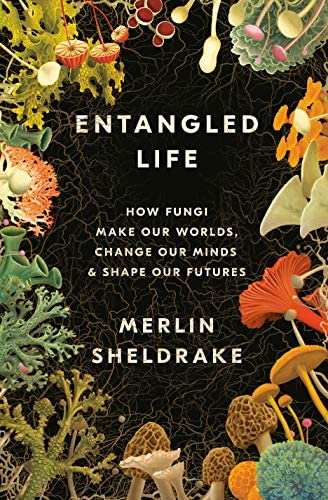
If you only read one book on fungi, make it this one. Sheldrake’s modern classic is a great overview of fungi, covering everything from truffles to baker’s yeast to psychedelics to the mycelial “wood wide web.” The most intriguing insight in this book is the theory that fungal networks in the wild function almost like giant brains, using countless electrical pathways under forest floors to communicate and make decisions.
The Hidden Kingdom of Fungi by Keith Seifert
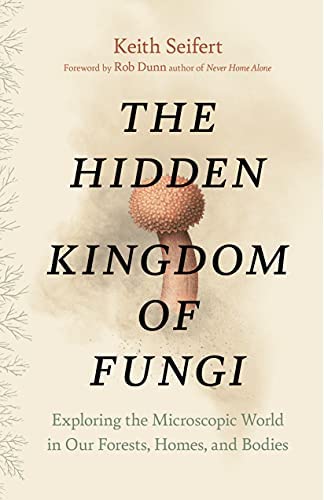
This relatively new release is another good overview of fungi, focusing on their relationship to the human world. It covers fungi in the soil and in our own bodies, exploring the possibilities of using fungi in soil remediation and the harsh realities of fungal infections (don’t worry, there are still no mind-controlled human Cordyceps zombies).
The Mushroom at the End of the World by Anna Lowenhaupt Tsing
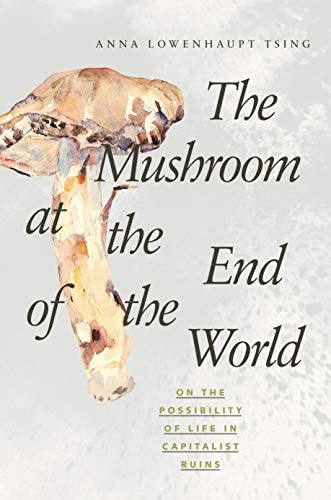
Admittedly, this book is less about fungi and more about the horrors of late-stage capitalism, but aren’t you intrigued by the connection between the two? This book starts off as an ethnography of matsutake mushroom hunters, who forage for the world’s most expensive mushroom so that they can sell it to connoisseurs on the other side of the world. However, Tsing makes all sorts of surprising connections between fungi, industrialization, and environmental devastation.
How to Change Your Mind by Michael Pollan
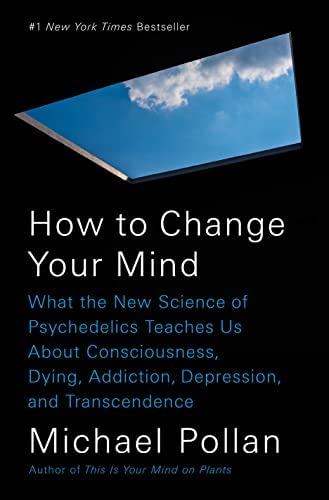
I would be remiss if I didn’t include at least one book on psychedelics in this list. Michael Pollan’s How to Change Your Mind is only partially dedicated to magic mushrooms, but overall, it’s a great resource on how psychedelics like psilocibin can lead to not just altered states, but profound healing from mental illness.
Field Guide to Mushrooms by the National Audubon Society
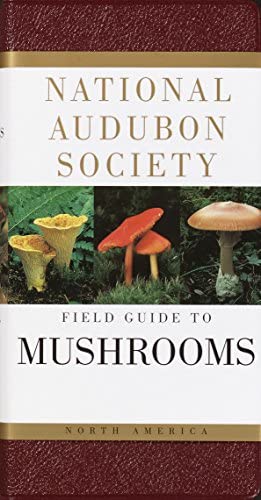
The only thing better than reading about mushrooms is going out to find them! If you’re in North America, you won’t find a better field guide than the one published by the National Audubon Society. Happy mushroom hunting! Just please don’t cram them in your mouth when you find them. For so many reasons.
Mycelium Running by Paul Stamets
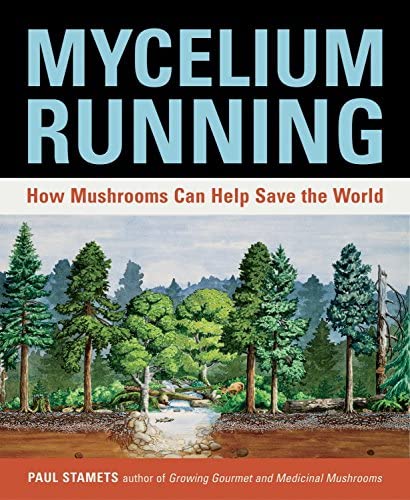
The Last of Us depicts a worst case scenario in terms of the future of fungi—but what about the best case scenario? Fungi are showing a lot of potential for environmental remediation, which means that they may be the key to undoing some of the damage of industrial capitalism. Mycelium Running is an introduction to some major theories of mycoremediation—and it also includes a section on growing your own fungi.
The Beginner’s Guide to Mushrooms by Britt Bunyard
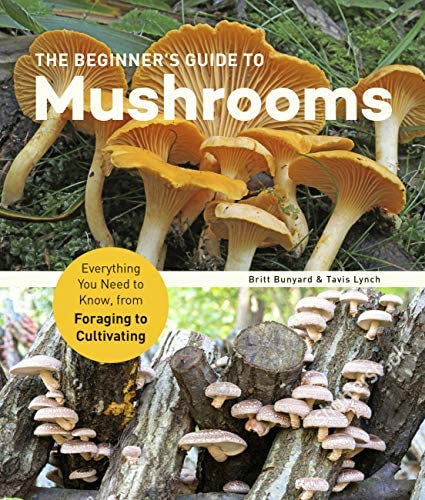
If you’re interested in finding, growing, and eating mushrooms, this is a solid beginner’s guide. Bunyard covers everything from identifying mushrooms in the wild to preserving them in your kitchen.
In Search of Mycotopia by Doug Bierend
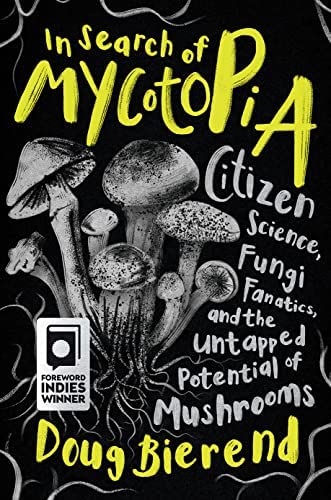
Journalist Doug Bierend traveled across the US to interview various mycology experts, including researchers, fermenters, growers, and more. This book takes a wide view of the many ways in which people are working with fungi to heal the Earth and themselves.
The Edible Mushroom Cultivation Bible by Aubrey Burns
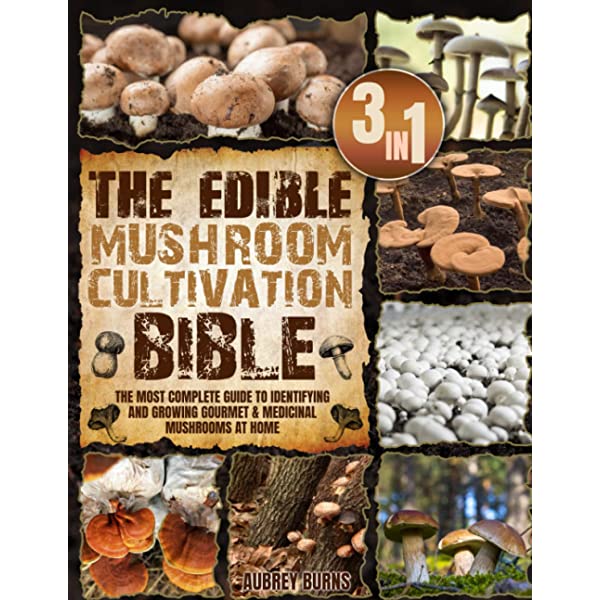
If you’re really interesting in growing and eating your own mushrooms, this guide will teach you all the basics. Burns covers building a mushroom lab, cooking with mushrooms, and identifying edible mushrooms in the wild.
(featured image: HBO Max)



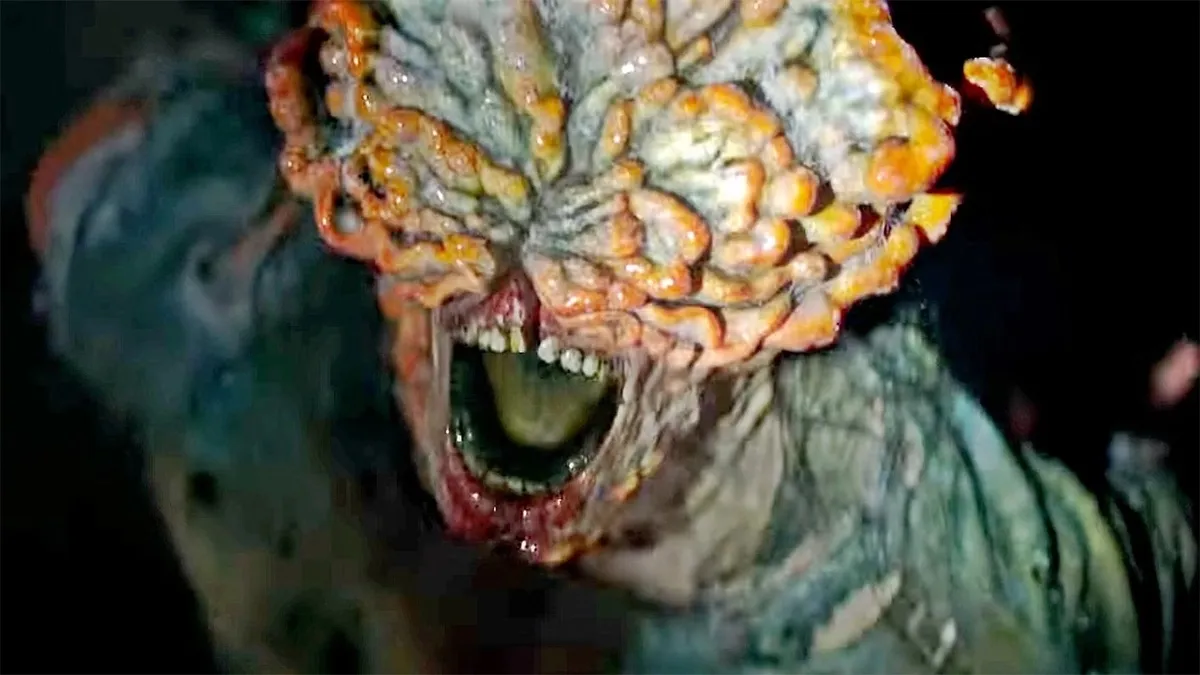






Published: Jan 26, 2023 05:03 pm